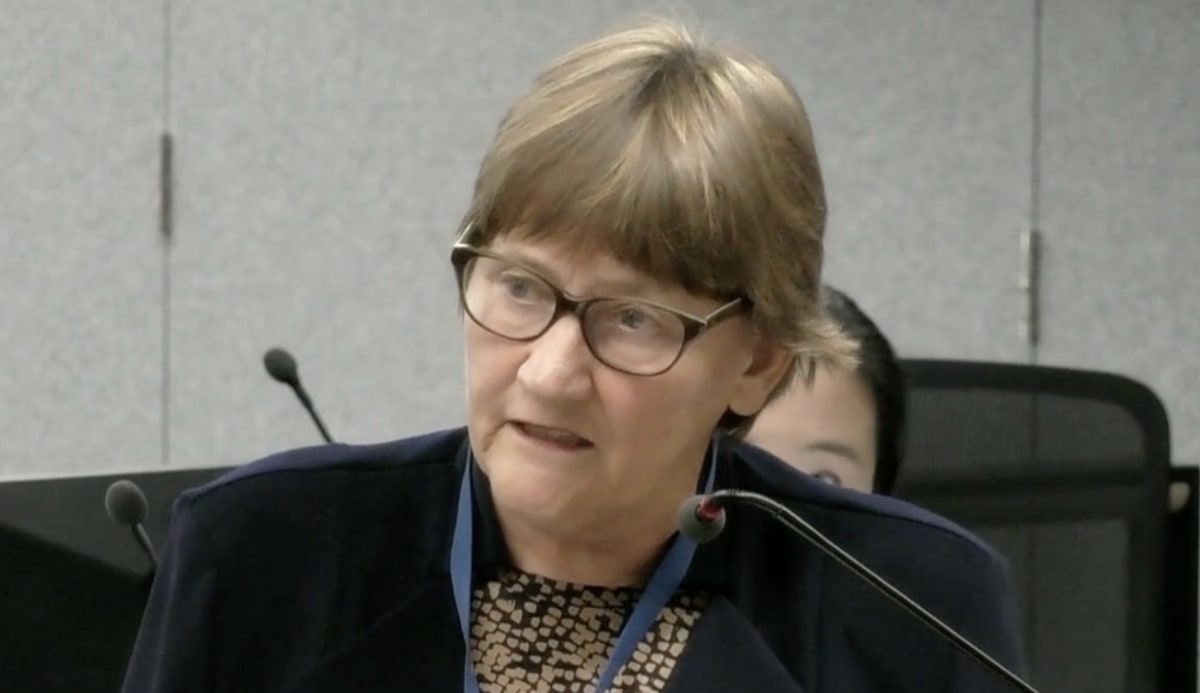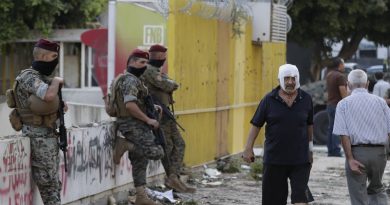Police Silent On Lake Alice Questions
News
Where’s the proof Dr Selwyn Leeks isn’t faking mental illness? Police won’t say. David Williams reports
In 1975, Hakeagapuletama Halo had a question for Dr Selwyn Leeks.
The 13 year old had been called upstairs at villa seven of the Lake Alice child and adolescent unit, near Whanganui, and was made to lie on a bed. Electrodes were placed on either side of his head and a mouthguard inserted.
“Is it going to hurt?” asked Halo, who wasn’t sure why he’d been called, or what was about to happen. “Yes it is,” Leeks replied, adding it would be done whether he liked it or not.
When the machine attached to the electrodes was turned on he was knocked unconsious. But from then on, for an estimated nine more times, Halo was conscious for the electric shocks because, he said, they were given as punishment.
“It felt like I was being whacked with a sledgehammer at full speed,” his witness statement to the Abuse in Care Royal Commission said. “I remember feeling my body bounce on the table which was very painful, and I was crying.”
Today, Halo still has questions about Leeks but these are directed at police.
Last week, it was announced charges were being laid against a former staff member at Lake Alice, but not against Leeks, who was the unit’s former head psychiatrist.
Police said there was sufficient evidence to charge Leeks – who lives in Australia and has always denied wrongdoing – and one other person, but they were both medically unfit to stand trial.
In some ways this is not a surprise. At Royal Commission hearings in June, Leeks’s lawyer, Hayden Rattray, said a neuropsychologist assessment revealed a decline in cognitive functioning, “most likely suggestive of Alzheimer’s disease” and “also supportive of a diagnosis of dementia”.
At the time, Paul Zentveld – Lake Alice survivor who took his case to the United Nations, sparking a condemnatory report from its Committee Against Torture – called those claims a “crock of shit” and demanded proof.
Halo, whose first memory of meeting Leeks was the day of his first electric shock in 1975, would also like to see the police evidence. He says last Friday: “Is he telling the truth or what? Or is he just trying to get out of this blimmin’ thing?”
Newsroom asked a series of questions of the police. They included: Did NZ police physically visit Leeks? When was he interviewed, and who was present? To what efforts did police go to assess Leeks’ mental state? What did the legal opinion about charging him say?
Detective Superintendent Tom Fitzgerald, who led the case, is on leave, so a police spokeswoman spoke to a senior detective from the investigation team.
“He advised that while Dr Leeks has not been charged, matters relating to him are inextricably linked to the matters that are before the court, therefore we are unable to provide comment outside of the media statement we issued earlier this week,” the spokeswoman said.
Halo, who lives in Auckland, remains suspicious of the claims of dementia. “Why now, after all this time?”

Advocates don’t believe the police silence is good enough.
Frances Joychild QC appeared at Royal Commission hearings on behalf of a group of Lake Alice survivors. She says the man who has been charged has a right to a fair trial, and police may be concerned releasing information about Leeks would cause “contamination”.
In saying that, she believes police have an obligation to victims to provide as much information as they can in relation to Leeks.
Because he’s not not being charged, Joychild says her clients – who have “a high level of distrust against the Crown and the police anyway” – deserve more information, and it should be release immediately.
“It’s of high interest to all of my clients. They want to know as much as possible about the decision-making around why he wasn’t charged.
“Would he have been charged, for example, if he was in New Zealand? How much did extradition issues play in the decision?”
Children’s Commissioner Judge Frances Eivers, who started in the role last month, said as the matter was before the courts it was inappropriate to comment.
The Auckland Committee on Racism and Discrimination, or ACORD, was instrumental in bringing the abuse at Lake Alice to public attention. It was first notified of mistreatment in December 1976 – that of a Niuean schoolboy called Hake Halo.
Oliver Sutherland, a member of ACORD, is demanding police release the legal and medical advice that led to the decision not to charge Leeks.
“They must not be covered up,” Sutherland tells Newsroom. “Victims still need to know precisely why Dr Leeks, who was the principal perpetrator, is not to face those charges for the criminal acts the police say he inflicted on the children, some as young as 9 years old.”
He adds: “What must never be forgotten is that we’re talking about abuses which are probably the worst that the state has ever inflicted upon children in its care; abuses which the United Nations has called torture, and abuses Justice Gallen called ‘outrageous in the extreme’.”
Sutherland points out this is the third police inquiry – after investigations in the 1970s and the 2000s. Neither resulted in charges.
“The victims deserve better than that from police,” he says, adding its current silence is “stonewalling at best”.
It’s a jarring juxtaposition. In June, at the Royal Commission hearings, Lake Alice survivors – like they have at many times over the years – spoke powerfully of the most intimate intrusions of their young lives; of electric shocks, rape and other abuse.
Yet when authorities are asked to provide information and evidence relating to Leeks there’s resistance. Last year, the Royal Commission heard how Crown lawyers were instrumental in organising a mediation meeting in Auckland in 1998, for which Leeks secretly flew back to New Zealand.
Halo, the Lake Alice survivor, told the Commission in June his experience at Lake Alice caused the return of epilepsy. He suffers from “anger, fear, forgetfulness, hearing voices, stress, confusion and much more”, and can’t work, having to rely on an invalids’ benefit.
He was discharged from Lake Alice in 1976 but still doesn’t feel safe to sleep by himself in his own bed.
After a 2001 government apology to the survivors, as part of a settlement of legal claims Halo was paid $40,000. He wasn’t paid the full amount of $76,000 – the balance went on legal fees.
It’s devastating for victims to have waited so long for justice, Halo says. What’s worse is the carelessness of police.
Fitzgerald apologised to victims at the Commission hearing in June. He said 34 survivor statements were given to police in 2002, but 14 or 15 might have been lost. Many of the remaining statements, which included allegations of sexual and physical assaults, weren’t saved and couldn’t be located.
It still plays on Halo’s mind today. “At least one or two, OK, fair enough. But all of it?”





